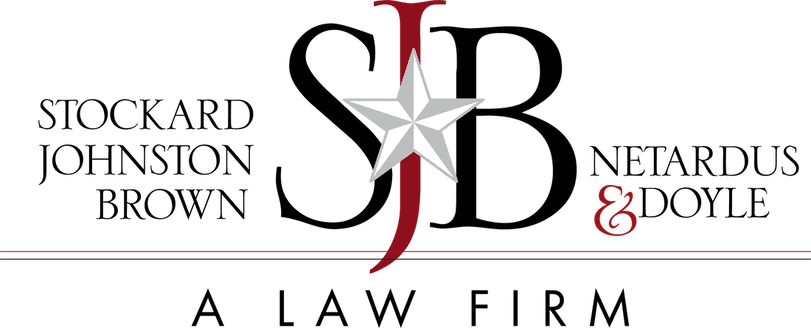An insurance policy is a contract between two parties: you and the insurance company. Both of you have obligations that are laid out in the insurance policy. While many insurers often act like they can do what they want when it comes to paying claims, insurance companies still have contractual obligations laid out in the policy.
When a policyholder (you) files a claim with the insurance company, they are obligated to settle the claim within a reasonable amount of time, for a reasonable amount of money. If they fail to meet that obligation, they are demonstrating “bad faith.”
What Constitutes Bad Faith?
Here are some examples of what constitutes “bad faith” on behalf of the insurance company:
- Undue delay in handling a claim. Once you make a claim, your insurance company has a set amount of time to investigate and settle the claim. Occasional delays may occur, but those delays should be minimal and reasonable. If the insurance company is delaying or ignoring your claim, it may be a “bad faith” situation.
- Not doing a proper investigation. The insurance company must perform an adequate investigation to determine if your claim is valid or not. If the insurance company dismisses or diminishes the claim without doing a proper investigation, they are acting in bad faith.
- Refusal to defend a policyholder in a lawsuit. Many homeowner and business policies provide for lawsuit defense if a third party attempts to sue for damages. If the insurance company refuses to provide defense, the insurance company is acting in bad faith.
- Making threats against the insured. This happens more often than you might think. Threats can be subtle or quite blatant. If the insured makes any kind of threat, bad faith instantly becomes a factor.
- Refusing to make a reasonable settlement offer. Insurance companies are in the business of making money. They often look for any opportunity to save money. Making low-ball settlement offers is one tactic. But, if the insurer continues to refuse to make any kind of reasonable offer, bad faith may be present.
- Making unreasonable, or illegal, interpretations of the insurance policy. Insurers, on occasion, will try to avoid paying a claim by interpreting a term in the policy in an unreasonable way. When the policy language is unambiguous, the insurance company must accept the accepted, natural and ordinary meaning of the language. To do otherwise is bad faith.
If you suspect that your insurance company is not meeting its obligations by delaying or denying your claim, contact the attorneys here at Stockard, Johnston, Brown, Netardus & Doyle, P.C. in Amarillo, Texas. Our team of insurance attorneys can help you recover the amount you deserve for your claim.

